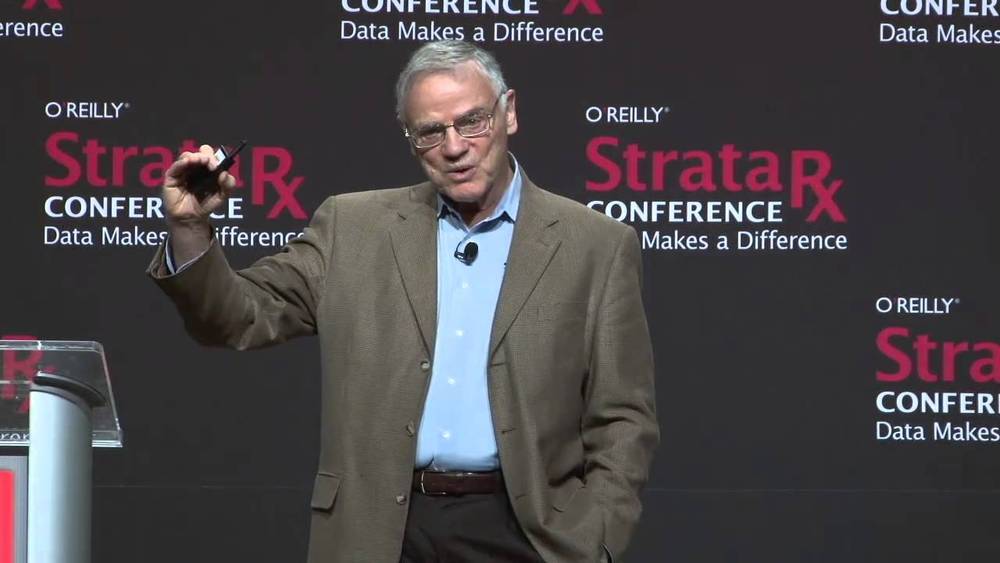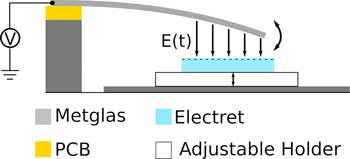Page 7605
Apr 25, 2020
Smash and Grab – The UK’s Money Laundering Machine
Posted by Quinn Sena in categories: business, economics, government
Download the full report here.
In 2017, Bellingcat and Transparency International UK published their joint report, “Offshore in the UK”, describing the phenomenon of Scottish Limited Partnerships (“SLPs”) and their use as a mechanism in global money laundering scandals and a range of illicit activities. Since then, SLPs have continued to be implicated in further scandals, perhaps most notably the Azerbaijani Laundromat, a scheme where $2.9 billion was laundered through UK companies.
In the same year, SLPs became obliged to register their Person of Significant Control at Companies House, and the boom in registrations ended. The government subsequently ran a public consultation into limited partnerships, and published its conclusions in December 2018. Currently, SLP registrations are at their lowest level since 2010. Nevertheless, a lack of regulation allowed thousands of opaquely owned partnerships, typically with no tangible link to the Uk, to flourish over a seven year period. We do not have the details of the business activities of these SLPs, who controlled them, or who their true beneficial owners are.
Apr 25, 2020
Clarification: China has yet to Build an Underground Facility at Gonggar
Posted by Quinn Sena in category: military
:oooo.
New infrastructure upgrades were completed at Lhasa-Gonggar earlier this year, satellite imagery from Planet Labs shows. Workers at the civil-military airfield widened a road and built an additional parking apron near the base of the mountain.
Earlier this month, India’s Hindustan Times reported that China had built an underground facility to house fighter aircraft at the airport. Quoting three unnamed officials, the report said that an underground hangar was large enough to hold up to 36 aircraft.
Continue reading “Clarification: China has yet to Build an Underground Facility at Gonggar” »
Apr 25, 2020
Syria’s Forgotten War Is a Pandemic Time Bomb
Posted by Quinn Sena in category: biotech/medical
U.N. officials and humanitarian workers are bracing for the worst in crowded camps and conflict zones in Idlib.
Apr 25, 2020
Transnational White Terror: Exposing Atomwaffen And The Iron March Networks
Posted by Quinn Sena in categories: internet, military, terrorism
In collaboration with the Autonomous Disinformation Research Network – @DisinfoResearch
On Wednesday, November 6, 2019, leaked data from the defunct neo-Nazi forum, Iron March, emerged online, exposing the personal information of more than 1,200 members, including the locations of their IP addresses and, in some cases, their real names. Already, activists sifting through the database have uncovered several fascists around the country, including some in uniform. A thoroughly transnational network, Iron March stemmed from a site called International Third Position Forum, was launched by a Russian, produced a terror group in the U.S., and facilitated coordination among terror groupings in the U.K. and elsewhere, all through the power of the internet.
Perhaps most intriguingly, Iron March involved members whose goals of recruiting through the U.S. military underlied their fantasies of ultimately destroying liberal democracy through a fascist paramilitary insurgency. It went on to develop a small but lethal “accelerationist” terrorist group called Atomwaffen Division (Nuclear Weapons Division), responsible for murders, an assassination attempt, and failed bomb plots. It also recently became famous for adding journalists from a Quillette article to a hit-list called “Sunset the Media.” Though what they mostly seem to do is put up stickers in what they laughably call “the stickening.”
Apr 25, 2020
Neutralizing antibody responses to SARS-CoV-2 in a COVID-19 recovered patient cohort and their implications
Posted by Saúl Morales Rodriguéz in categories: biotech/medical, health
 Background The COVID-19 pandemic caused by SARS-CoV-2 coronavirus threatens global public health. Currently, neutralizing antibodies (NAbs) versus this virus are expected to correlate with recovery and protection of this disease. However, the characteristics of these antibodies have not been well studied in association with the clinical manifestations in patients. Methods Plasma collected from 175 COVID-19 recovered patients with mild symptoms were screened using a safe and sensitive pseudotyped-lentiviral-vector-based neutralization assay. Spike-binding antibody in plasma were determined by ELISA using RBD, S1, and S2 proteins of SARS-CoV-2. The levels and the time course of SARS-CoV-2-specific NAbs and the spike-binding antibodies were monitored at the same time.
Background The COVID-19 pandemic caused by SARS-CoV-2 coronavirus threatens global public health. Currently, neutralizing antibodies (NAbs) versus this virus are expected to correlate with recovery and protection of this disease. However, the characteristics of these antibodies have not been well studied in association with the clinical manifestations in patients. Methods Plasma collected from 175 COVID-19 recovered patients with mild symptoms were screened using a safe and sensitive pseudotyped-lentiviral-vector-based neutralization assay. Spike-binding antibody in plasma were determined by ELISA using RBD, S1, and S2 proteins of SARS-CoV-2. The levels and the time course of SARS-CoV-2-specific NAbs and the spike-binding antibodies were monitored at the same time.
Apr 25, 2020
The first modern pandemic
Posted by Derick Lee in categories: biotech/medical, business, military, surveillance
During World War II, an amazing amount of innovation, including radar, reliable torpedoes, and code-breaking, helped end the war faster. This will be the same with the pandemic. I break the innovation into five categories: treatments, vaccines, testing, contact tracing, and policies for opening up. Without some advances in each of these areas, we cannot return to the business as usual or stop the virus. Below, I go through each area in some detail.
The scientific advances we need to stop COVID-19.
By Bill Gates
Apr 25, 2020
Highly sensitive sensors to measure the heart and brain activity
Posted by Genevieve Klien in categories: biotech/medical, mobile phones, neuroscience
Electrical signals measurements such as the ECG (electrocardiogram) can show how the human brain or heart works. Next to electrical signals magnetic signals also reveal something about the activity of these organs. They could be measured with little effort and without skin contact. But the especially weak signals require highly sensitive sensors.
Scientists from the Collaboraive research Center 1261 “Magnetoelectric Sensors” at Kiel University have now developed a new concept for cantilever sensors, with the future aim of measuring these low frequencies of heart and brain activity.
The extremely small, energy-efficient sensors are particularly well-suited for medical applications or mobile microelectronics. This is made possible by the use of electrets. Such material is permanently electrically charged, and is also used in microphones for hearing aids or mobile phones.
Apr 25, 2020
Robert Carroll, Who Studied Amphibian Evolution, Dies
Posted by Genevieve Klien in categories: biotech/medical, evolution
The McGill University paleontologist, who died from COVID-19, was known for using multidisciplinary methods to explore the origins of amphibians, birds, and mammals.
Apr 25, 2020
Systems Biology and the Coming of “Big” Science
Posted by Lola Heavey in categories: biotech/medical, food, science

Leroy Hood is one of the world’s leading scientists in molecular biotechnology and genomics.
Leroy Hood M.D., Ph.D.
Continue reading “Systems Biology and the Coming of ‘Big’ Science” »
















